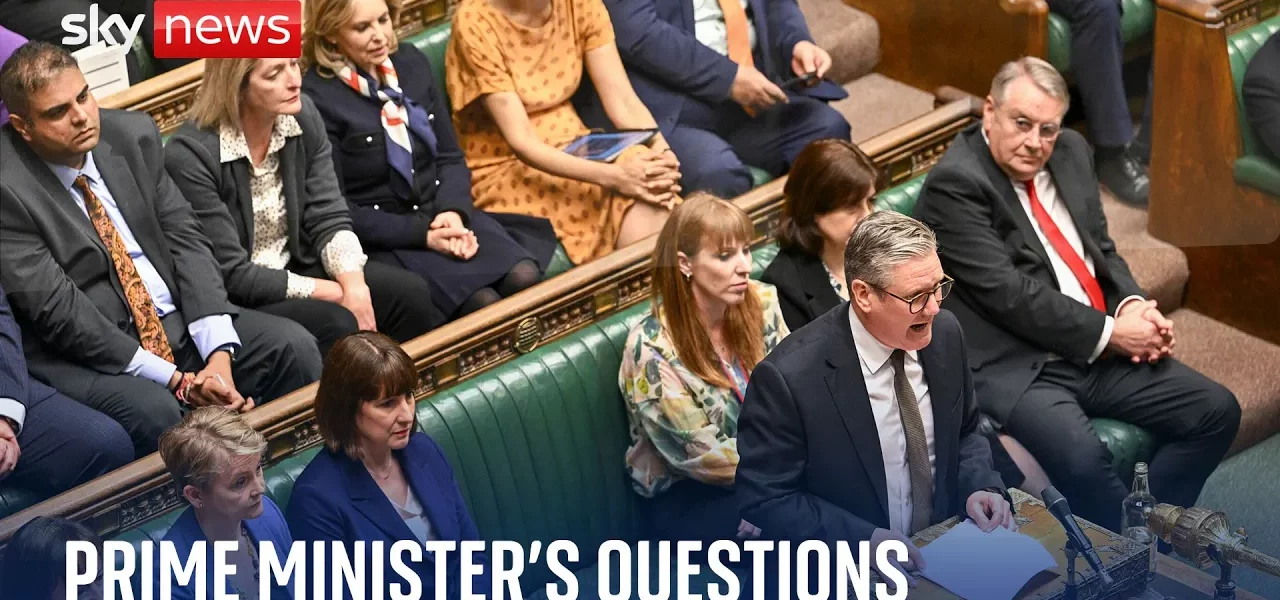Transforming Public Services: Parliamentary Discussions and Commitments

This article delves into the recent parliamentary discussions led by Mr. Bob Blackman regarding the government’s commitment to transforming public services, particularly in the context of Northern Ireland and veterans’ rights. We will explore the implications of these discussions for victims, survivors, and the broader public service landscape in the UK.
Introduction
The UK government has recently faced intense scrutiny regarding its handling of public services, especially in Northern Ireland. During a parliamentary session, Mr. Bob Blackman raised critical questions related to the government’s commitment to repealing the controversial Legacy Act, which has been a persistent source of tension among victims of the Troubles in Northern Ireland. This article aims to provide a comprehensive overview of the discussions, the government’s proposed actions, and the implications for all stakeholders involved.
The Legacy Act and Its Implications
The Legacy Act was introduced as a means to address historical injustices stemming from the Troubles in Northern Ireland. However, it has faced widespread criticism for providing conditional immunity to individuals involved in violent acts.
Government’s Commitment to Repeal
In response to mounting pressure, the government has pledged to repeal the Legacy Act and replace it with a framework that prioritizes the needs and rights of victims and survivors. This commitment reflects a significant shift in policy, aiming to restore trust in public services and ensure that victims receive the justice they deserve.
Consultation with Stakeholders
The government plans to consult with various stakeholders, including victims’ organizations, to ensure that the new framework is both effective and inclusive. This consultation process is crucial for creating a consensus that respects the diverse experiences of those affected by the Troubles.
Impact on Victims and Survivors
One of the central themes of the parliamentary discussions was the need to address the emotional and psychological toll on victims and their families. Mr. Blackman emphasized the urgency of providing closure for those who have suffered for decades.
Restoration of Inquests and Civil Claims
The government’s proposed steps include the resumption of trouble-era inquests and civil claims, which would allow families to seek justice and answers about the past. This move is essential for healing and reconciliation in Northern Ireland.
Ensuring Human Rights Compliance
In addition to addressing the needs of victims, the government is committed to ensuring that any new legislation complies with human rights obligations. This commitment is vital for maintaining the integrity of public services and safeguarding the rights of all citizens.
Support for Veterans
Another focal point of the discussions was the need to protect veterans from vexatious legal actions. The government recognizes the sacrifices made by veterans during the Troubles and is committed to ensuring their rights are safeguarded.
Legislative Protections for Veterans
Mr. Blackman sought assurances that future legislation would protect elderly veterans from unjust legal actions. The government has promised to engage with veterans’ organizations to ensure that their voices are heard in the legislative process.
Meaningful Engagement with Victims’ Groups
The government’s approach includes meaningful engagement with groups representing innocent victims, ensuring that their perspectives are considered in any new legislation. This engagement is crucial for building trust and fostering a sense of community among all affected parties.
Future Steps and Government Accountability
As the government moves forward with its commitments, accountability and transparency will be essential. Mr. Blackman called for regular updates to Parliament on the progress of the proposed changes.
Establishing a Timeline for Implementation
Establishing a clear timeline for implementing the new framework will help manage expectations and ensure that victims and their families are kept informed throughout the process.
Building a Consensus Across Northern Ireland
The government acknowledges the importance of creating a consensus across Northern Ireland regarding the proposed changes. Engaging with all political parties and communities will be critical for achieving this goal.
Conclusion
In conclusion, the discussions surrounding the transformation of public services in Northern Ireland reflect a significant shift towards prioritizing the needs of victims and survivors. The government’s commitment to repealing the Legacy Act, consulting with stakeholders, and protecting veterans marks a positive step forward. As these changes are implemented, ongoing dialogue and accountability will be key to restoring trust and ensuring justice for all affected. Stay informed about further developments in public services and government actions.
“`




